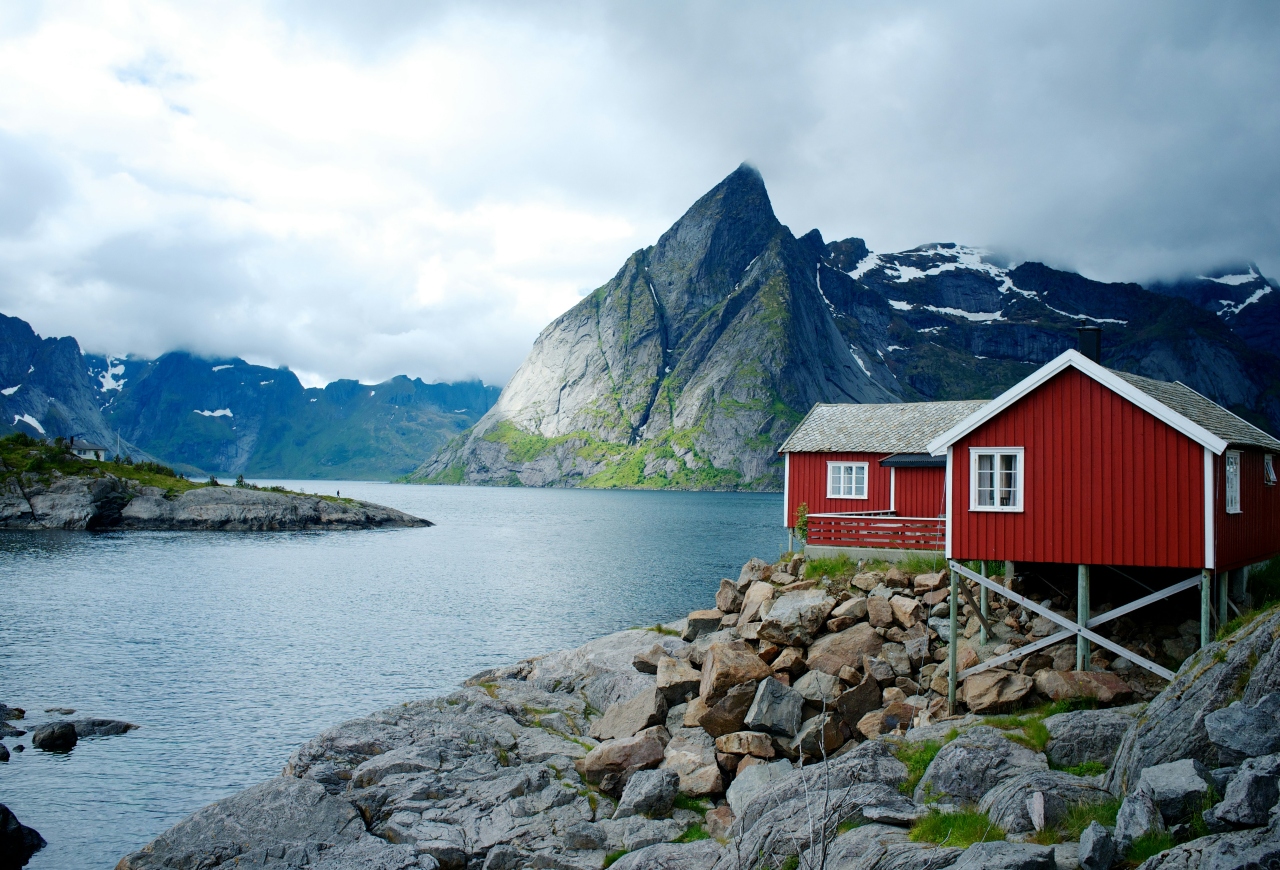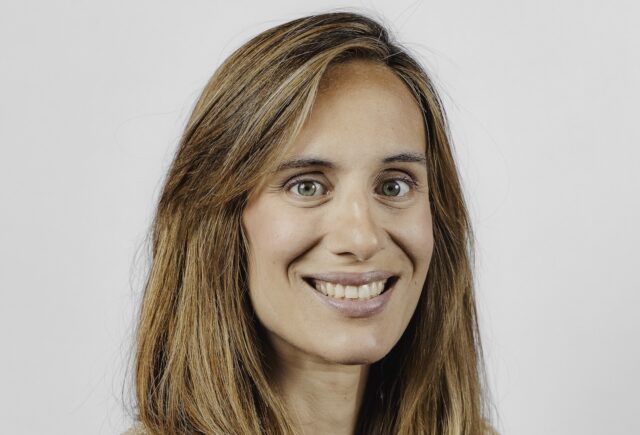For the first time in history, farmed fish production has overtaken that of wild catch. That’s partly why impact investment fund Summa Equity is betting on the sustainable salmon sector to grow five-fold by 2040.

Sustainable salmon farming can remain a future cornerstone in the food system without causing the harm to the environment and to fish health as it does today, Swedish impact investment fund Summa Equity said in a recent report.
Implementing sustainable practices and innovative solutions in salmon aquaculture may lead to €1bn in savings from reduced mortality and improved fish quality, Summa calculated in its report, titled “Investing in sustainable aquaculture for a resilient food system”. It could also close half of the anticipated feed gap, and slash CO2 emission by two-thirds, according to the firm.
A successful transition to a sustainable salmon aquaculture sector may boost the market value of companies in that sector by five-fold to between $25bn and $40bn by 2040, Summa estimated.
Aquaculture, especially farmed salmon, is “one of the building blocks in the sustainable food system of the future due to its low carbon footprint, scalability, and high feed efficiency”, Jon Hindar and Martin Gjølme, both partners at Summa Equity, wrote in the report.
FAO report
Summa Equity referenced a 2023 report by the Food and Agriculture Organisation of the United Nations (FAO), which said farmed fish production overtook wild catch for the first time in history. The UN agency further predicted food production from aquatic sources to jump by as much as 15% by 2030.
With 70% more food forecasted to be needed to feed a global population of 9.1 billion by 2050, according to FAO, Summa Equity sees aquaculture as a key part of the solution.
But current aquaculture practices, which are predominantly sea-based, have come under increasing scrutiny for the management of parasites and pathogens, escapes of farmed fish, which may endanger wild fish populations due to its different genetic makeup, and the unsustainable sourcing of certain feed ingredients.
Innovations
Summa Equity pointed to new technologies and innovations that try to address these challenges. These include closed-loop systems, land-based farming and alternative feed ingredients.
“These innovations not only address environmental concerns but also offer compelling investment opportunities, solving the industry’s main challenges,” according to Hindar and Gjølme.
They added that Summa’s investment strategy aligned with these opportunities, as it focuses on areas such as land-based and closed-pen farming, preventative measures to boost fish health and alternative feed ingredients.
As previously reported by Impact Investor, Summa Equity is an investor in STIM, a supplier of fish health products also from Norway. The Swedish private equity firm is also an investor in Nofitech, a supplier of land-based fish farming facilities that’s also from Norway.






